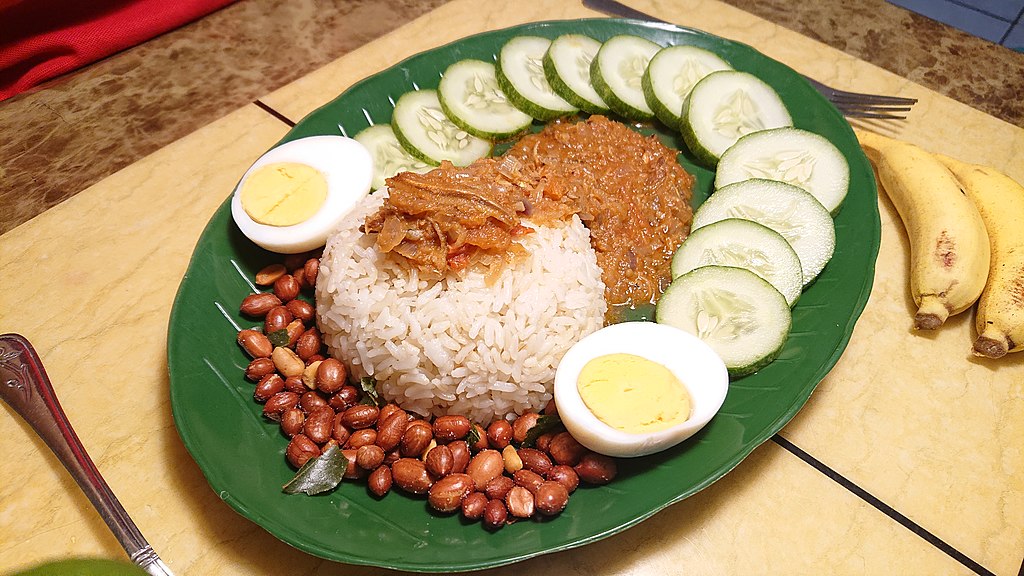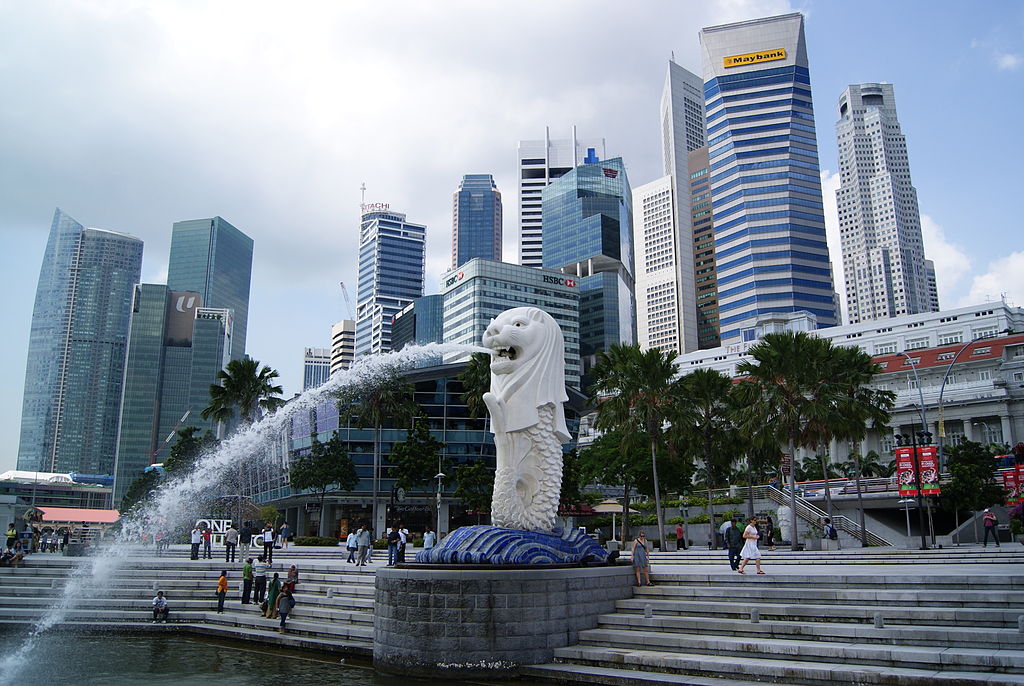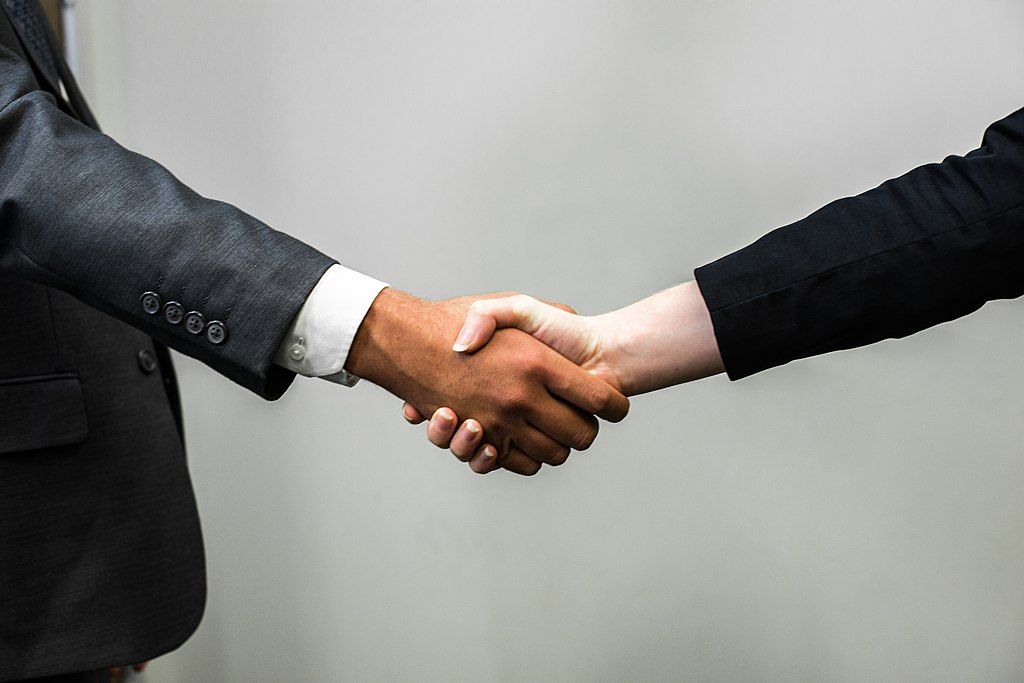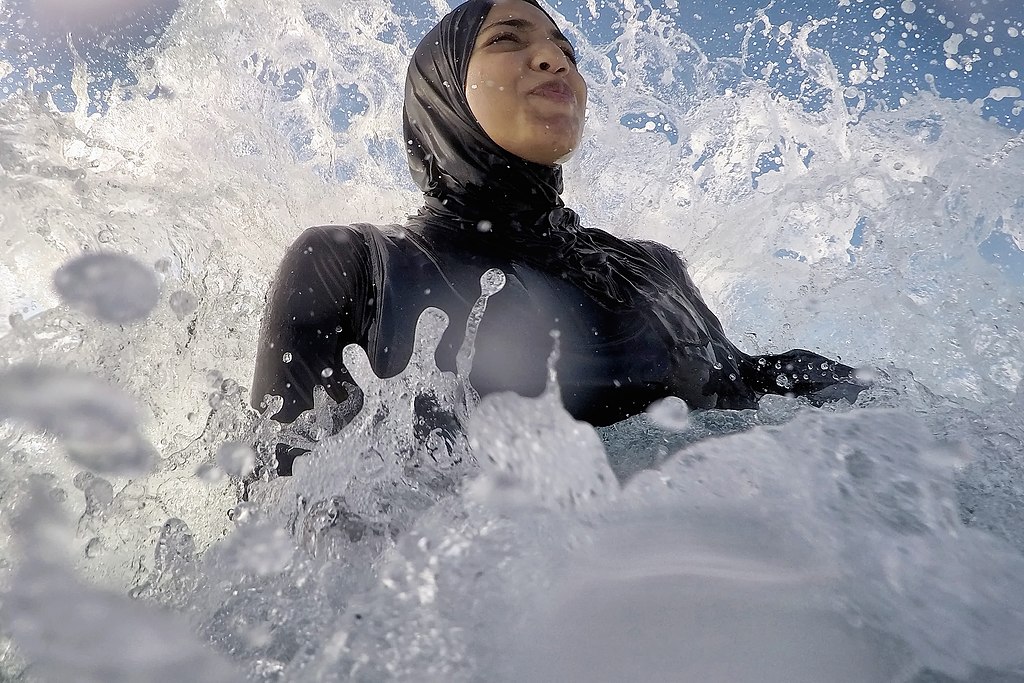Table of Contents
Toggle10 Things You Must NOT Do in Malaysia
Malaysia (that country between Singapore and Thailand) is unique in the sense that it’s a fusion of many different cultures, languages, and religions. The country’s population is made up of 55% Malays, 23% Chinese, and 7% Indians. And that’s not including the many different tribes of indigenous people.
With such diversity, it’s quite understandable for a traveler to get utterly confused. What is Malaysian culture really like? Which customs do we follow? Is it a very conservative country?
The following is a list of things that you should NOT do in Malaysia, with regard to culture and other practical aspects, that may save you from potentially awkward or dangerous situations. Trust me — I’m Malaysian.
1. Insult the Local Food

Malaysians are very passionate about food, especially our own. We take so much pride in our food that even when we travel abroad, we’d still be looking for nasi lemak (which is tough, because unlike Thai food, Malaysian food isn’t very popular abroad). It’s also the common cause of spats between Malaysians, Singaporeans, and Indonesians, because we like to argue about the true origin of the food.
To us, Malaysian food is simply the best cuisine in the world. So, the easiest way to gain yourself new enemies is by insulting Malaysian food in front of the locals, or worse, by saying that Singaporean food is better (see #2 below).
On a similar note, you should also refrain from saying unflattering things about our national fruit — the durian — no matter how stinky or disgusting you think it is. Personally, I agree with you — the smell is horrendous. But I wouldn’t let my countrymen know this. It would be the ultimate betrayal.
Interested to know more about Malaysian food? Check out these posts:
2. Compare Malaysia with Singapore

To understand this better, it’s vital to know the history between the two countries. Before 1965, Singapore was a part of Malaysia. But due to deep political and economic differences, Singapore seceded to become an independent and sovereign state. Since then, it has transformed itself from a small town with very few resources into one of the world’s smallest but most developed countries.
The sibling rivalry between Singapore and Malaysia continues to this day. If I may draw an analogy, Singapore is like the unwanted child who left home in pursuit of something better and succeeded in making his mark in the world. However, he now suffers from a superiority complex and has a constant need to tell everyone who’s willing to listen that he is indeed the best. Malaysia, on the other hand, is the envious big brother who is desperately trying to catch up and wouldn’t care to admit that his younger sibling is faring better.
So, first of all, never make the mistake of saying that Malaysia and Singapore are the same country. This will insult both Singaporeans and Malaysians. Secondly, when you’re in Malaysia, please don’t say that Singapore is better, cleaner, more organized, etc. We know; we just don’t like to hear it from you.
3. Point with Your Forefinger
Although pointing with the forefinger is considered the norm everywhere else in the world, here, it is seen as rude, especially in the Malay culture. It is often associated with hostility because you tend to use your forefinger when scolding someone, or when you’re trying to boss him/her around.
Instead, if you need to point at someone or something, use your thumb, as shown in the picture below. When pointing a direction, using an open palm works as well.

4. Trust the Traffic Signs

Drivers in Asia are not known for their adherence to traffic rules or good driving etiquette (well, except in Singapore, perhaps). Malaysia is no exception.
Malaysian drivers are notorious for being inconsiderate on the road. Here, the bigger the vehicles, the bigger the assholery ego. Smaller vehicles must give way to the bigger ones. And unfortunately, that means pedestrians are the lowest on the totem pole. In 2018, more than 20 pedestrians lost their lives when trying to cross roads in Kuala Lumpur.
For your safety, do not assume that cars will stop for you even if you cross at a designated pedestrian crossing. Do not trust the traffic lights (because most of the drivers don’t either). The traffic light may show that it is your turn to cross, but that doesn’t mean you don’t have to check for cars before crossing.
Similarly, even if you’re crossing a one-way street, always look in both directions anyway.
Related Post: Is Malaysia Safe to Visit?
5. Use Taxis

Taxis in Malaysia have gained a bad rap, and for good reason. Most of the taxis here have meters, but the cabbies will try to give you a fixed (read: highly inflated) rate. If you insist on using the meter, your driver might agree, but only to take you on the longest, most congested route, or round and round in circles. Either way, you lose.
Tourists with big luggage are their favorite targets. They’ve been known to charge tourists more than five times the usual fare. But tourists are not their only victims. Even as a local, I often got scammed myself.
When e-hailing service was first introduced in Malaysia, people rejoiced. However, instead of cleaning up their act, these taxi drivers decided to behave like gangsters. I’m sure there are some honest ones out there, and I do feel sorry for them, but I’ve really had enough. These days, I stick to those e-hailing apps, such as Grab.
6. Bring Up Race or Religion

Malaysia is made up of many different races, the main ones being Malay, Chinese, and Indian. On the surface, we seem to be living in perfect harmony. Well, we do, to a certain extent. It’s not like we’re at war with each other or anything.
But what may not be immediately apparent to foreign visitors, and what the locals wouldn’t admit openly is that racial tension is prevalent in the country, especially in recent years. Right now, we’re tiptoeing around each other’s sensitivities, although admittedly some people aren’t trying as hard as the others. Minorities are still not getting a fair treatment.
Therefore, race and religion are quite a sore subject. As a visitor, it would do you good not to discuss these issues in public.
7. Give Money to Beggars

When you walk around the city, you might come across beggars on the street, usually children, and women with babies. Or they might approach you under the pretext of raising funds for a school, orphanage, etc.
Although you may feel tempted to help, you really shouldn’t. These beggars are often part of a begging syndicate. They could be victims of human trafficking. Giving them money is only going to make the traffickers richer (some have even raked in millions).
Currently, the authorities are doing all they can to eradicate the problem. If you really wish to help, it’s better to buy them food instead.
8. Shake Hands with the Opposite Sex

Malaysia is a predominantly Muslim country. In Muslim culture, interaction between men and women (that are not family members) comes with certain restrictions. Physical contact is generally discouraged.
So, don’t feel offended if someone of the opposite sex refuses to shake your extended hand. Although not all Muslims in Malaysia are that conservative, it’s better to be on the safe side and try not to offer your hand first. They will probably feel as awkward as you for having to decline your handshake.
How to Shake Hands the Malaysian Way
To shake hands with people of the same gender as you, the Western handshake would suffice.
However, to earn extra brownie points, do it like the locals do — with both hands at the same time. Afterwards, bring your hands to your chest. If the other person is much older than you, lower your head and bring your nose to their hands. But only do this if they are clearly old enough to be your parents. Otherwise, you risk offending them by implying that they look that old!
9. Go Topless or Strip Naked
Again, due to religious reasons, skimpy attire is not very common among the majority of the locals. When they go to the beach or public pools, most Malay women would simply swim fully clothed. In fact, in some conservative states in the east coast, bikinis are banned outright.

These rules don’t apply to tourists, fortunately, but if you wish to go topless or nude, you’d better think twice. In 2015, a group of European and Canadian hikers was arrested, jailed, and fined MYR5,000 (USD1,215) for ‘public indecency’ on Mount Kinabalu. They had stripped naked on the mountain peak, urinated, and verbally attacked the local guide who was trying to stop them from doing so.
Their actions had caused public outrage because the mountain was considered sacred. The locals believe that the souls of their dead ancestors go to the mountain to rest there for eternity. In the same month, a 5.9-magnitude earthquake struck Mount Kinabalu, killing 18, including children. It was the first earthquake to have ever struck the area. This further convinced the locals that the mountain spirits were angered by the indecent act.
I have nothing against nudism/naturism. In fact, on a few occasions during my travels, I had met and even stayed with members of the nudist community. But if it gets to the point where it disrespects local culture, especially in a place that’s considered sacred among the locals, I think it’s inconsiderate.
10. Go Overboard with the PDA

I think you should be able to guess by now that public display of affection is generally unacceptable in this country. As foreigners, you would probably get some leeway, but in general, anything more than hand-holding could land you in hot water. This is clearly stated on signboards that you can find in public places. Kissing or engaging in ‘indecent behavior’ could get you fined.
Unfortunately, Malaysia is also pretty conservative when it comes to issues concerning the LGBTQIA+ community. The majority of the people do not take too kindly to same-sex couples or trans people. Recent incidents are proof of this.
Final Thoughts
So, there you have it — 10 things you shouldn’t do in Malaysia. Every country comes with its good and bad. And part of the joy of traveling is discovering both. If you feel that I focused too much on the negative, it’s because I don’t think I should gloss over it.
I hope it didn’t put you off from visiting us though! We are very nice and friendly people (most of the time). Well, unless you tell us that durians are disgusting. Then, we’re going to shove that stinky fruit down your throat!
Kidding.
Not.
Have you visited Malaysia? What did you think of it? Share your experience in the comment section below.
Pingback:Petronas Twin Towers vs KL Tower: Which One Should You Visit? – Ummi Around Malaysia